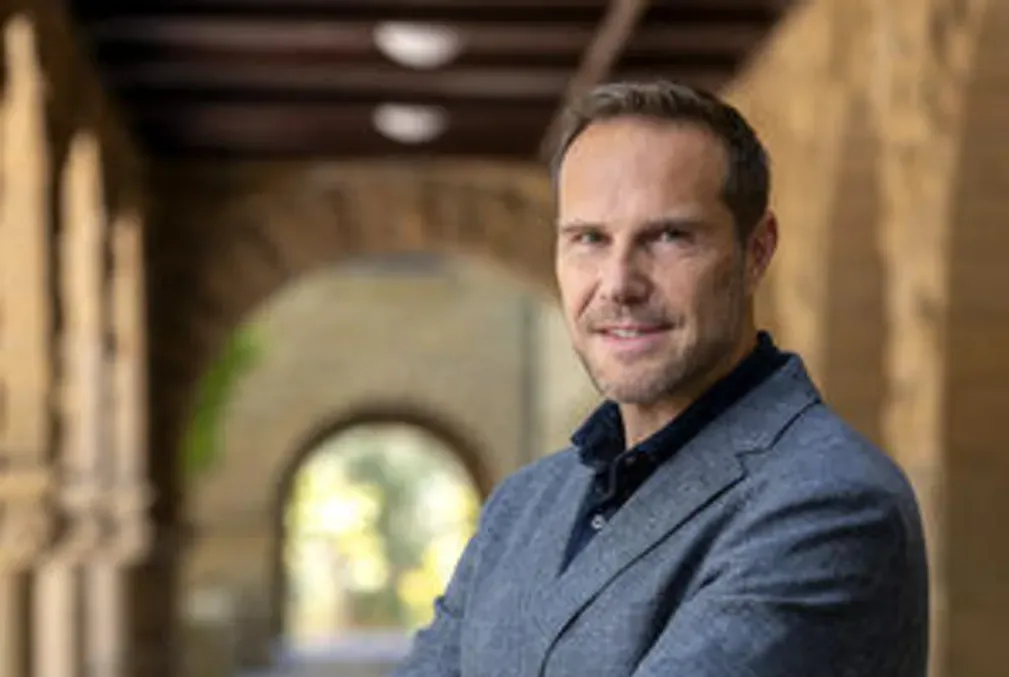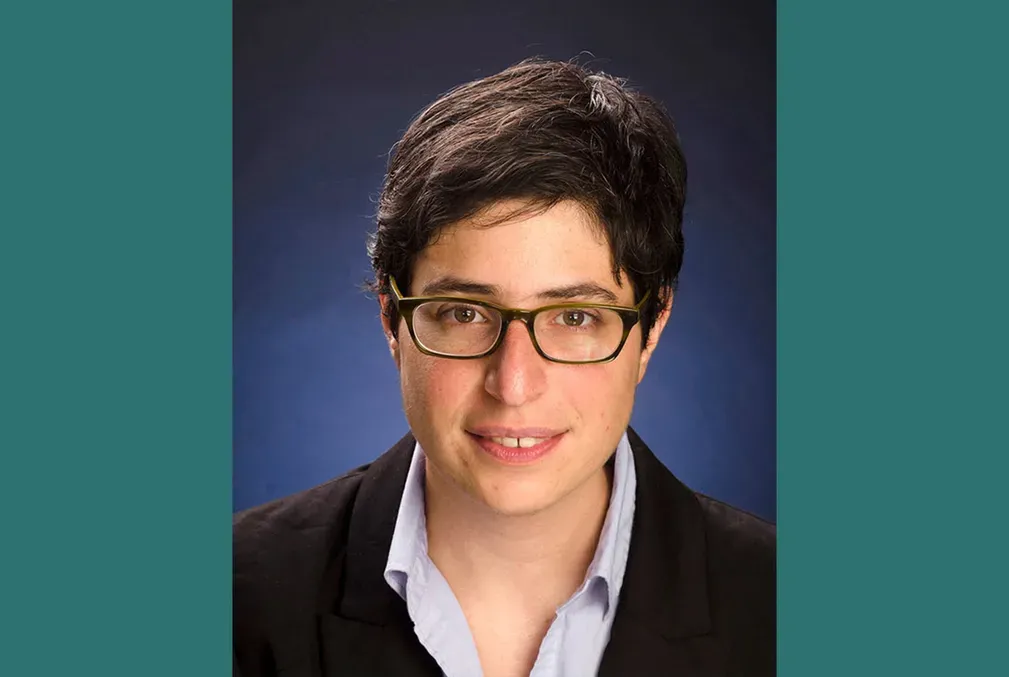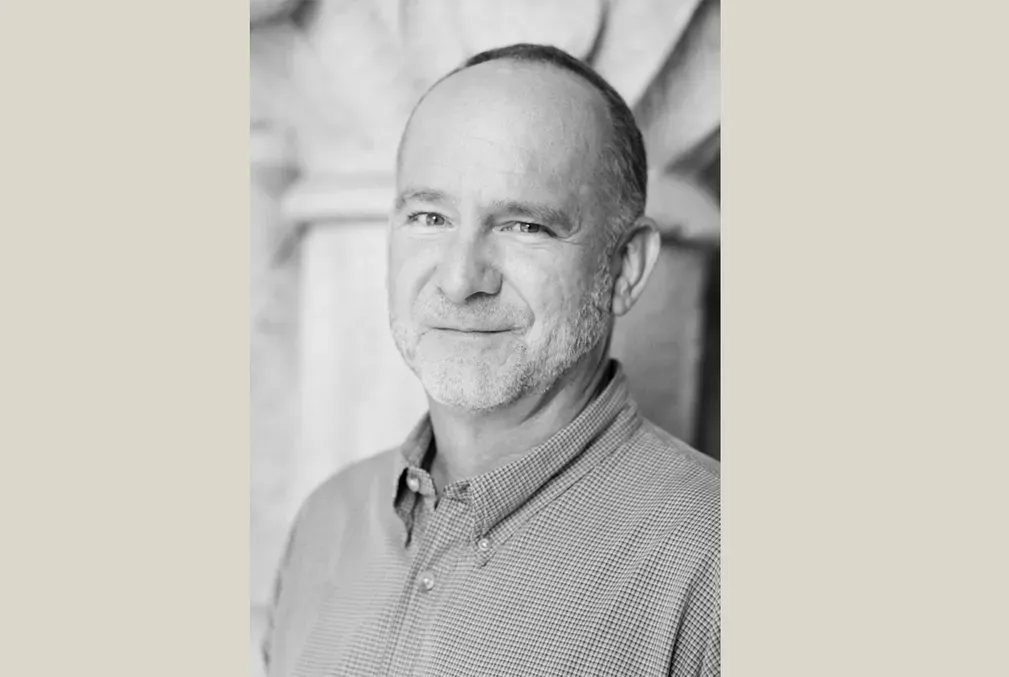
Lerone A. Martin on what we know—and don’t know—about Martin Luther King, Jr. and why access to information about him is more important than ever
Lerone A. Martin: A conversation with the new faculty director of Stanford’s Martin Luther King, Jr. Research and Education Institute
On the third Monday in January, a federal holiday in the United States honors Rev. Dr. Martin Luther King Jr’s life and contributions. Many people mark this day by reading and discussing King’s famous “I Have a Dream” speech, which he delivered at the March on Washington in 1963. Others remember him by doing acts of service and volunteering for their local community.
Yet much of what we know about King—his famous speeches and the importance he placed on acts of service—barely begins to scratch the surface of his contributions to society or who he was as a person, explained Lerone A. Martin, the new faculty director for the Martin Luther King, Jr. Research and Education Institute and the Martin Luther King, Jr. Centennial Professor in the School of Humanities and Sciences.
“Martin Luther King is still very relevant today,” Martin said. But many people are unaware of the depth or pervasiveness of his legacy. Of the famous leaders depicted as larger-than-life statues along the two-mile long National Mall in Washington, D.C., “MLK is the only individual who is honored on the National Mall who is not a president,” Martin explained. “We know so much about the words of Jefferson, Lincoln, Washington, and Roosevelt, but we don't know a whole lot about the words of King other than ‘I Have a Dream.’”
Part of the problem, Martin explained, is access to information. Most people cannot easily access the complete writings of King, and information about him—as Martin knows all too well from his own research—is deliberately restricted in some cases. As the new faculty director of the MLK Institute and associate professor in the Department of Religious Studies, Martin aims to change this.
Martin’s vision for the MLK Institute is that it will “be the global leader and destination for the study, interpretation, and proliferation of the works of the Rev. Dr. Martin Luther King Jr.”
It's a big undertaking, Martin acknowledged, but to him, it’s an honor to take on the challenge. Martin continues the work that Professor Clayborne Carson, the Martin Luther King, Jr. Centennial Professor, Emeritus, began when he founded the institute in 2005.
Like many kids growing up in the United States, Martin first became familiar with King as a grade-school student studying the Civil Rights Movement.
“When I learned about him as a young man, I was in awe of this inspiring human being,” Martin recalled. Yet there weren’t many avenues for his curiosity about King to develop into a path of discovery and continued learning.
Sports, however, were widely available to kids growing up in Ohio, like Martin.
Martin was, and still is, passionate about basketball. As a young man, he hoped to make a career for himself as a professional basketball player, “When it became clear that averaging 12 points a game would not vault me to NBA stardom, [I started paying more attention to other things that interested me], Martin explained. “I realized that I was always asking my parents and my teachers, ‘why.’ Why did this happen, and why does that happen?’ I realized later I was really interested in history—how things came to be the way they are.”
After receiving his bachelor’s from Anderson University and a master’s of divinity degree from Princeton Theological Seminary, Martin earned his doctorate from Emory University in 2011. Before joining Stanford in January 2022, he was an associate professor of religion and politics in the John C. Danforth Center on Religion and Politics, as well as associate professor of African and African-American studies, and director of American Culture Studies at Washington University in St. Louis.
Martin’s research has been supported by a number of national fellowships and grants including the National Endowment for the Humanities, the American Council of Learned Societies, the Institute for Citizens and Scholars (formerly the Woodrow Wilson National Fellowship Foundation), the Teagle Foundation, Templeton Religion Trust, the Louisville Institute for the Study of American Religion, and the Forum for Theological Exploration.
“I did not see myself being a college professor until later on in life,” Martin said. “But I wouldn't trade it—I feel like it's a gift and a privilege to do what I do and I’m thankful for the opportunity.”
In addition to teaching college students, Martin has taught underserved, rising high school students in St. Louis and served as a research consultant and as an instructor for educational programs at Metro State Women’s Prison in Georgia, Sing Sing Correctional Facility in New York, and the Washington University’s Prison Education Program. The experiences were eye-opening and, according to Martin, made him a better teacher.
Providing people with access to education and information is a driving force for Martin, and it’s the heart of Martin’s upcoming book, The Gospel of J. Edgar Hoover: How the FBI Aided and Abetted the Rise of White Christian Nationalism (forthcoming from Princeton University Press).
The idea for the book began when Martin started investigating possible links between the Federal Bureau of Investigation (FBI) and faith communities in the 1920s, ’30s, and ’40s, and in Ferguson, Missouri, today.
“I ended up having to sue the Department of Justice for some FBI documents that I had requested through the Freedom of Information Act,” Martin explained.
Eventually, Martin gained access to hundreds of pages of FBI documents and published his findings in the 2018 Religion and American Culture article entitled, “Bureau Clergyman: How the FBI Colluded with an African American Televangelist to Destroy Dr. Martin Luther King, Jr.” In this article, Martin revealed what he learned from the documents he’d worked so hard to obtain—a prominent African American radio and TV minister, Elder Lightfoot Solomon Michaux, had worked with the FBI to discredit King and to provide cover for the FBI’s surveillance of him. The bombshell news was covered in the New York Times and became the foundation of Martin’s forthcoming book, which examines how the FBI’s construction of the modern security state gave rise to white Christian nationalism.
It was known that Hoover’s FBI monitored and antagonized clergy and faith communities, but, as Martin’s book uncovers, they also endorsed, partnered, and supported key religious figures when it served them.
During the Civil Rights Movement there were competing ideologies in the Black community about liberation. Martin’s research shows the FBI used this to their advantage by selectively promoting Michaux, who was the nation's first minister to have his own weekly TV show. As Martin’s book details, the FBI supplied Michaux with information that Michaux willingly used to portray King as a communist while defending the Bureau against King's criticisms.
For Martin, the act of writing the book drove home the importance of making sure people have access to information.
“I was able to engage in the lawsuit because I met an attorney who took me on pro bono,” Martin said. “I know that everyone doesn't get to have that opportunity. So I think it’s extremely important for those of us who are in positions of power to make sure information is available to the public and accurate.”
Martin is passionate about the public understanding of race, religion, and politics. He recently became co-director of a $1 million grant from the Henry Luce Foundation to fund “The Crossroads Project,” a four-year, multi-institution project to advance understanding of the history, politics, and cultures of African American religions.
In his new role, Martin aims to build on the foundation established by Carson to make the MLK Institute the leading archive for the study of King.
One way Martin would like to do this is by teaching students both in the classroom and at key landmarks associated with the Civil Rights Movement. For example, reading about nonviolent protests in Greensboro, North Carolina, or King’s letter from Birmingham Jail, and then visiting these places could make these historical events more multidimensional and meaningful, Martin explained.
“It's easy for King to be narrated or mythologized as someone who was passive. Yet King was radical, at least the federal government felt that way. We've got to make sure that we tell that story,” Martin said. “We really have to wrestle with our history and what it means for us today as we think about movements for change in this country specifically and the role of faith in our politics more broadly.”
It’s important for people to have a historical grasp to better understand today’s movements for change, Martin explained.
“The changes that came about from people protesting peacefully and nonviolently were not inevitable,” Martin said. “They came—not because people were so willing to accept them—but because people were willing push for them.
Lerone A. Martin will preach at the Martin Luther King, Jr. Multifaith Celebration on Sunday, January 16 at 11 am PT. Watch via YouTube here.
Media contact: Joy Leighton, Stanford School of Humanities and Sciences, joy [dot] leighton [at] stanford [dot] edu



